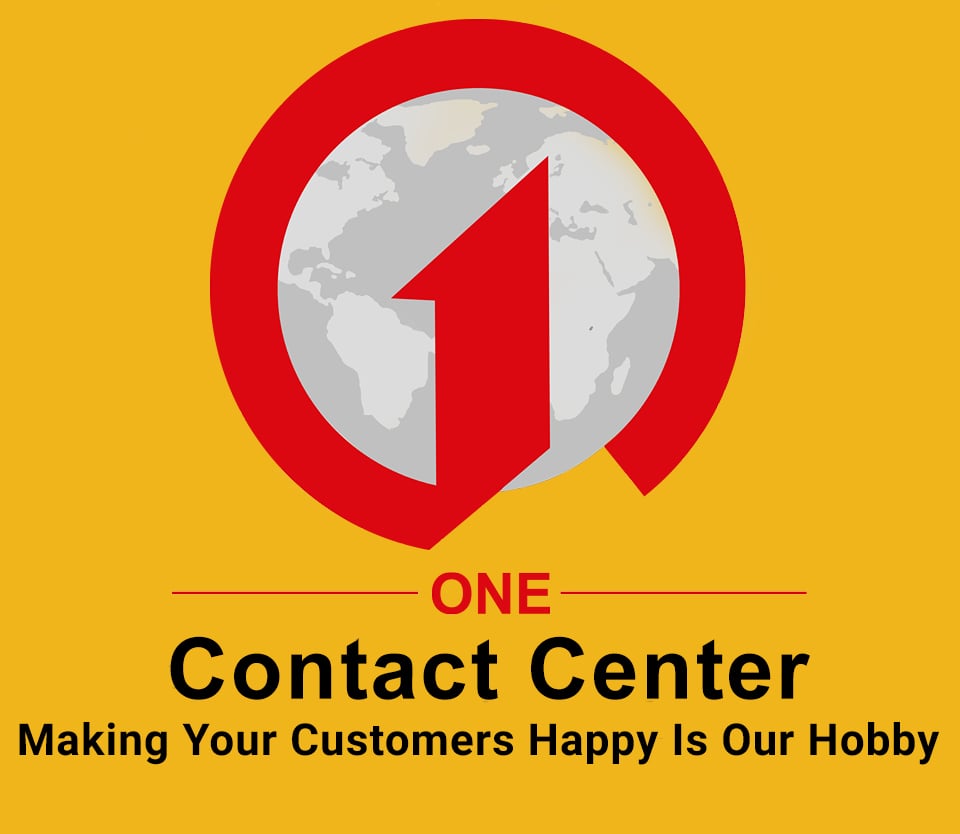In the competitive and intricate world of B2B sales, the success of a business hinges on the effectiveness of its lead qualification strategies. As the market becomes more challenging, companies are increasingly aware of the crucial impact that sophisticated lead qualification has on boosting conversions and maximizing revenue. This blog post will explore the mastery of lead qualification techniques to enhance B2B sales, focusing on key methods that can refine your strategy and lead to significant conversion improvements.
Understanding the Importance of Lead Qualification
Defining Lead Qualification
Lead qualification involves identifying which leads have the highest potential to become paying customers. It involves assessing a lead's fit based on predetermined criteria, such as budget, authority, need, and timeline. By meticulously filtering through prospects, businesses can focus their efforts on engaging with those who have a higher propensity to purchase.
Why Lead Qualification Matters
With effective lead qualification, your sales reps can focus on high-value prospects and bring in more revenue. Fundamentally, lead qualification is meant to streamline the sales process, ensuring that sales teams allocate their time and resources effectively. By identifying and prioritizing high-quality leads, sales professionals can focus on prospects who are more likely to convert, resulting in higher sales productivity and increased revenue.
Impact on Sales Efficiency
Lead qualification significantly impacts sales efficiency. By focusing on leads that are more likely to convert, sales teams can reduce the time spent on unqualified prospects. This not only boosts productivity but also enhances the overall sales strategy. The confluence of these factors propels a lead from mere interest to an actionable prospect, laying the groundwork for successful conversion and driving business growth.
Building an Ideal Customer Profile (ICP)
Components of an ICP
To determine your ideal customer, you need to create an Ideal Customer Profile (ICP). This involves a detailed analysis of your ideal business customer, considering factors such as industry, company size, and pain points. By clearly defining your target audience, you set the stage for more precise lead qualification, ensuring that your efforts are focused on prospects with the greatest potential for conversion.
- Steps to Create an ICP
- Identify key characteristics and behaviors that define your ideal leads.
- Determine whether they are individuals or businesses.
- Specify the industries they belong to.
- Understand their pain points and aspirations.
By answering these questions, you'll create a lead profile that serves as a compass, guiding you toward the right strategies and tactics to capture their attention.
Using ICP in Lead Qualification
After identifying Ideal Customer Profiles (ICPs) and buyer personas, use them to qualify leads through methods such as interviews, surveys, or focus groups. Lead qualification reveals potential client's needs and motivations, enabling more targeted and effective sales strategies. By concentrating on the right leads, businesses can maximize sales, boost conversion rates, and close more deals.
Effective lead qualification is crucial for sales teams to focus on the prospects with the highest potential for conversion.
Leveraging Technology for Lead Qualification
Tools and Software
In the digital era, technology is essential for improving the lead qualification process. Automation, artificial intelligence (AI), and customer relationship management (CRM) systems are transforming the way sales teams identify and nurture potential customers. These tools help in collecting and analyzing behavioral data, making the qualification process more efficient and accurate.
Automation in Lead Scoring
Old methods of qualification often share the same issues: manual and labor-intensive processes, subjective scoring, and susceptibility to human error. Automation addresses these challenges by enabling real-time data processing and objective scoring. This not only saves time but also ensures that the most promising leads are prioritized.
Predictive Analytics
Predictive analytics takes lead qualification to the next level by using historical data to forecast future behaviors. This technology helps in identifying patterns and trends, allowing sales teams to focus their efforts on leads that are most likely to convert. By leveraging predictive analytics, companies can significantly improve their sales efficiency and effectiveness.
The integration of advanced technologies in lead qualification is not just a trend but a necessity for any goal-oriented company aiming to stay competitive in today's market.
Implementing Proven Qualification Frameworks
Just as a builder uses blueprints to construct a sturdy building, sales teams use different lead qualification frameworks to develop a successful sales process. These models offer structured methods for effectively qualifying leads. Many frameworks have been created to streamline this process.
While these frameworks offer a strong foundation for lead qualification, they are not universal solutions. Each business must customize these models to fit its specific products, services, and sales cycles. Customizing these frameworks to fit your company's unique circumstances will boost their effectiveness and enable your sales team to qualify leads more efficiently.
Best Practices for Effective Lead Qualification
Lead qualification is a pivotal step in any thriving sales process, ensuring that resources are allocated to the most promising opportunities. By adhering to these best practices, organizations can enhance the efficiency and effectiveness of their lead qualification efforts.
Adapting to Market Changes
Sales teams must be prepared to embrace change and adapt their techniques as the market evolves. This includes regular training on new tools and methodologies, as well as fostering a culture of innovation where feedback is encouraged and acted upon. By dedicating resources to continuously developing their sales teams, companies can ensure that their qualification efforts become more advanced and effective as they progress.
Monitoring Market Trends
Buyer behaviors are constantly changing, and lead qualification processes must evolve accordingly. By staying attuned to shifts in how buyers research, engage and make purchasing decisions, sales and marketing teams can adjust their qualification criteria and tactics to better meet the needs of their target audience. This flexibility is vital for maintaining relevance and effectiveness in lead qualification.
Adjusting Qualification Criteria
Consistently evaluate and refine your lead management strategies to ensure they are in line with your evolving business objectives. Regularly assess and adjust your tactics according to market shifts, customer input, or changes in organizational priorities. By aligning lead management processes with overall business objectives, you ensure that your efforts are intentional and contribute to the growth and success of your organization.
Continuous Improvement
The ability to instantly access and analyze lead behavior and engagement allows sales teams to make swift, informed decisions. This agility in the sales process can significantly improve the chances of converting a lead by engaging them at the most opportune moment with the most relevant information. This flexibility is essential for maintaining relevance and effectiveness in lead qualification.
Measuring and Optimizing Lead Qualification
Key Metrics to Track
To ensure your lead qualification process is effective, it's essential to track specific metrics. Key metrics include conversion rates, lead response times, and the cost per lead. Monitoring these metrics helps in identifying areas for improvement and ensuring that your sales team focuses on the most promising leads.
Analyzing Lead Conversion Rates
Analyzing lead conversion rates provides insights into the effectiveness of your lead qualification criteria. By examining the percentage of leads that convert into paying customers, you can refine your strategies and focus on high-quality leads. Regular analysis helps in adapting to market changes and improving overall sales performance.
Optimizing the Sales Funnel
Optimizing the sales funnel involves continuously refining each stage of the lead qualification process. This includes reviewing and updating your lead scoring system, aligning sales and marketing efforts, and leveraging technology for better accuracy. By doing so, you can ensure that only the most qualified leads move through the funnel, enhancing sales efficiency and effectiveness.
Regularly reviewing and refining your lead qualification criteria based on feedback from your sales team and analysis of past conversions is crucial for continuous improvement.
Conclusion
Mastering sales qualification in the realm of B2B sales is an ongoing journey that requires a combination of strategic planning, advanced technology, and a deep understanding of your target audience. By developing a strong Ideal Customer Profile, utilizing advanced lead scoring models, integrating predictive analytics, adopting Account-Based Marketing, and incorporating real-time lead monitoring, businesses can enhance their B2B sales efforts. Remember, the key to mastering sales is not just in generating leads, but in qualifying the right ones. By focusing on the most promising opportunities, aligning with marketing, and continuously refining your strategies, you can drive meaningful conversions and maximize revenue.
One Contact Center
One Contact Center offers call center support and BPO services for small businesses, startups, and international brands. If you’re keen on boosting your customer experience with reliable support services, please, contact us today. We’ll be more than happy to help.


